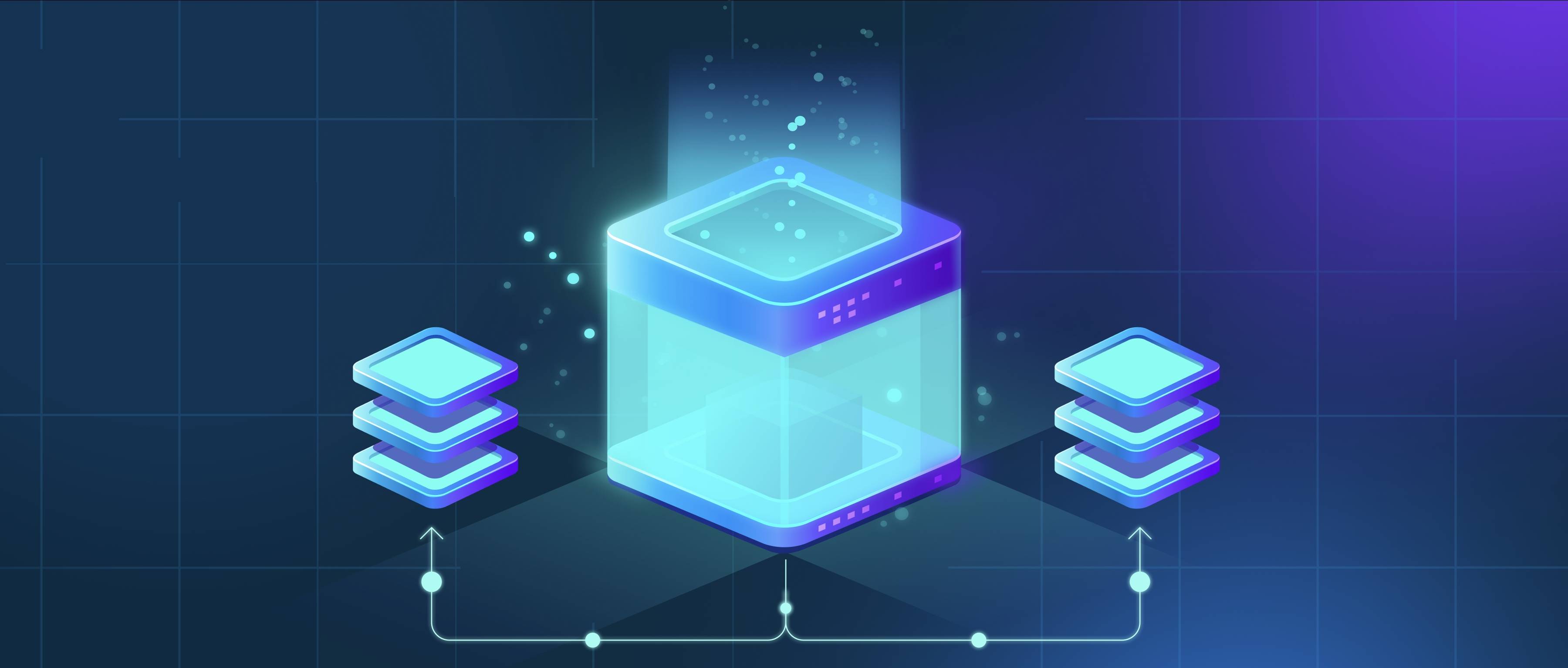To determine if DeepResearch has used outdated information, start by examining the timestamps and publication dates of the sources it cites. If the majority of references are several years old, particularly in fields like technology, medicine, or finance where data evolves quickly, this is a strong indicator of potential obsolescence. For example, a study referencing machine learning frameworks without mentioning updates released in the past two years (e.g., TensorFlow 2.x instead of 1.x) might be outdated. Additionally, conclusions that conflict with current industry practices, like ignoring newer security protocols (e.g., TLS 1.3 vs. TLS 1.2), suggest the data isn’t up-to-date. If DeepResearch doesn’t provide source dates at all, that itself is a red flag requiring further scrutiny.
To verify timeliness, cross-reference DeepResearch’s data with recent publications or primary sources. Use platforms like arXiv, PubMed, or official industry reports (e.g., IEEE standards, GitHub repositories) to check for newer findings. Tools like Google Scholar’s “Since [Year]” filter can help identify recent papers on the topic. For real-time data (e.g., stock prices or API usage), confirm that DeepResearch integrates updated endpoints or versioned APIs. If the data is aggregated, review the provider’s documentation for update frequencies or changelogs. For example, a climate study should cite the latest IPCC report (2023), not versions from 2014. If DeepResearch lacks transparency, contact their support team to inquire about their data refresh cycles or versioning practices.
Specific examples include checking financial data against real-time market APIs like Yahoo Finance or Alpha Vantage to spot discrepancies in stock prices. In healthcare, validate drug efficacy claims against clinical trial databases like ClinicalTrials.gov. For software tools, compare version numbers in DeepResearch’s documentation with official library documentation (e.g., Python’s pandas library). Use the Internet Archive’s Wayback Machine to track when specific pages or datasets were last updated. If DeepResearch cites survey data, verify the sample collection period—surveys conducted before major events (e.g., pre-COVID-19) may no longer reflect current trends. These steps ensure developers can trust the data’s relevance for their projects.
